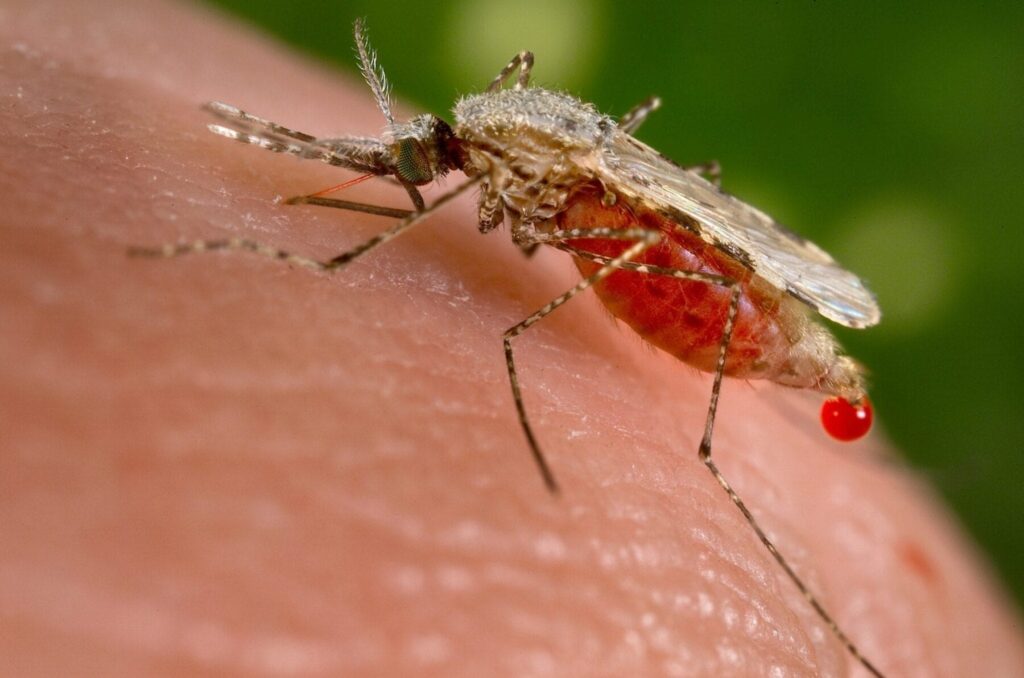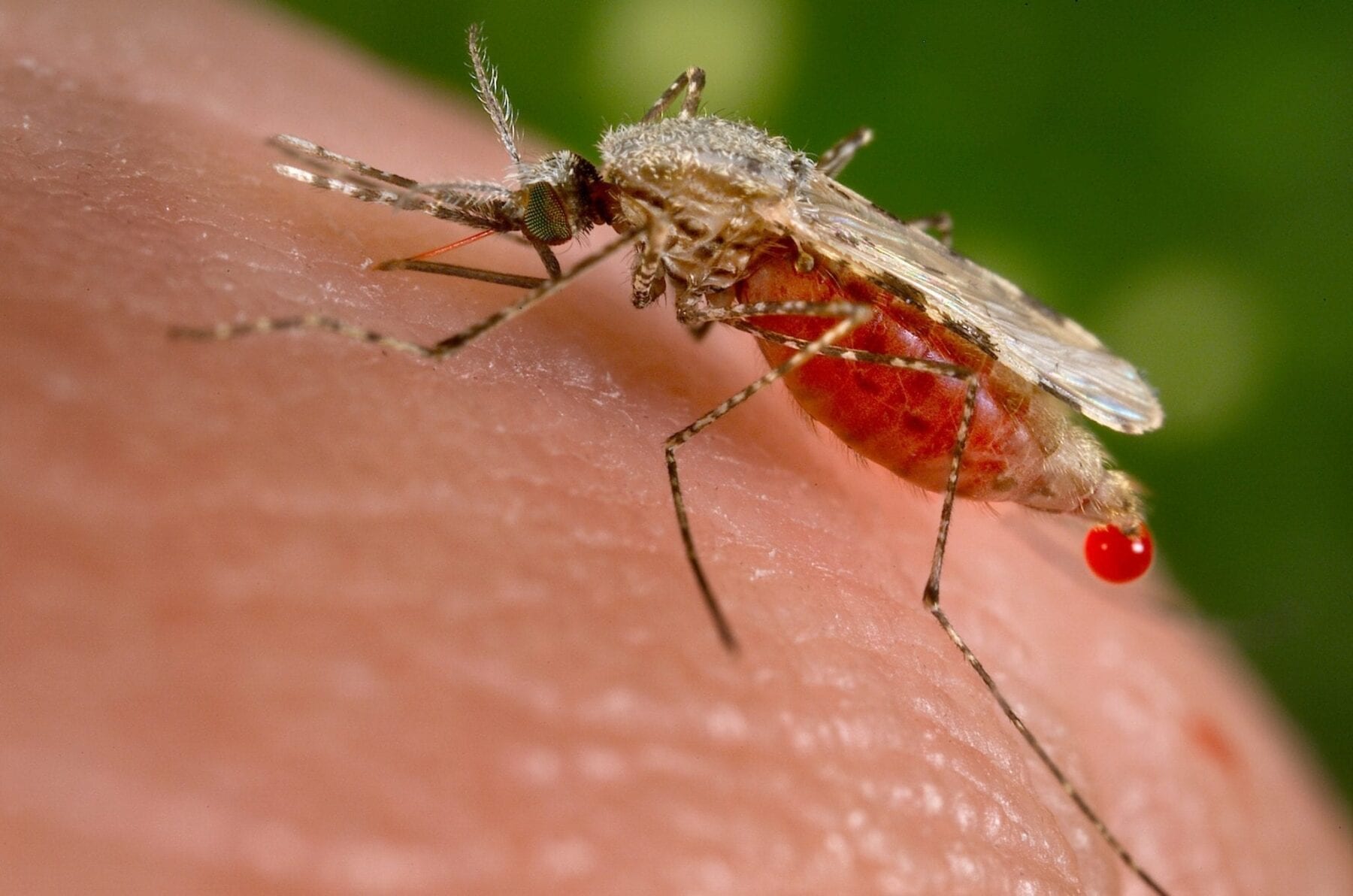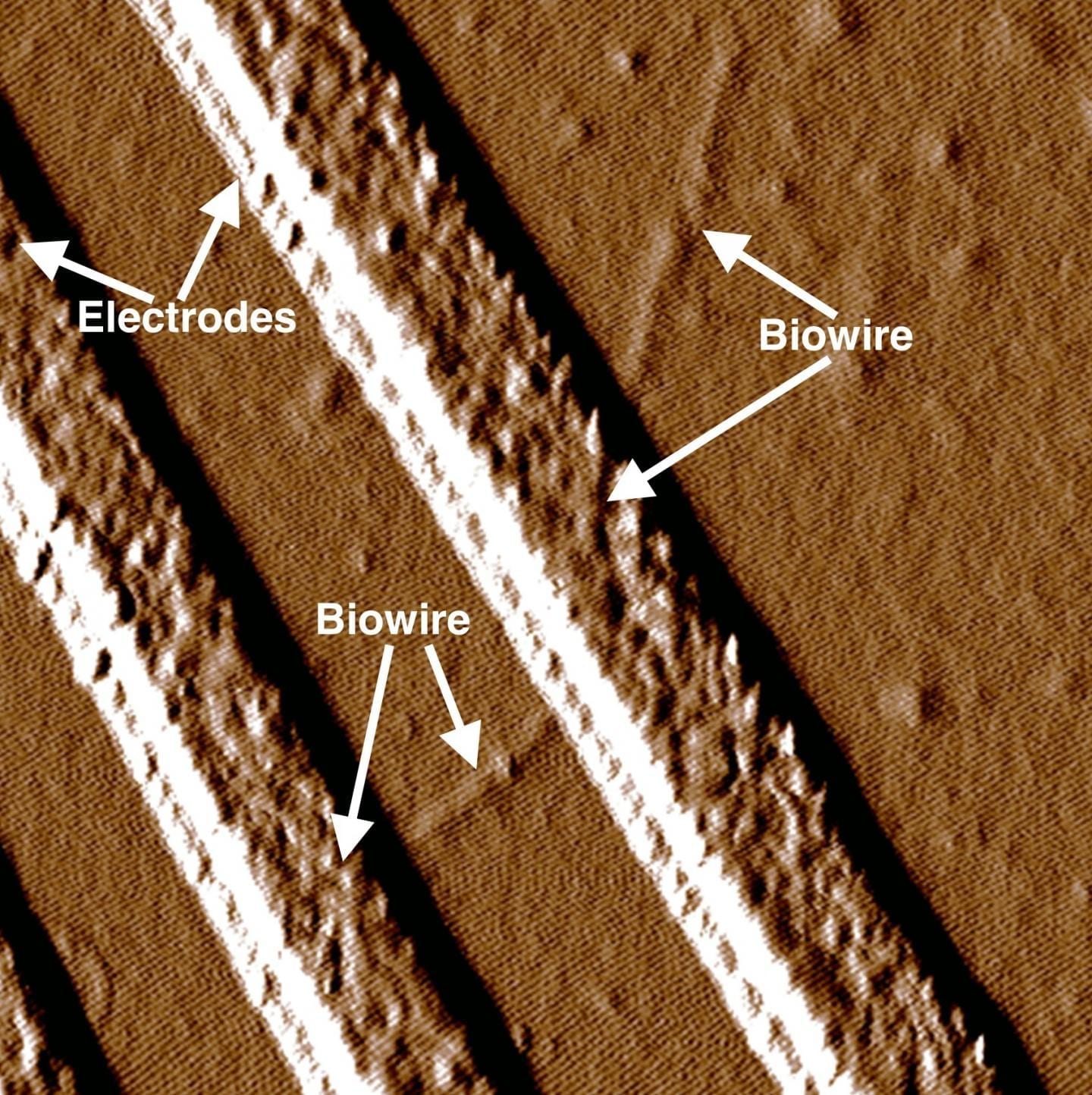
Scientists at QIMR Berghofer Medical Research Institute have developed a protein which completely cures mice of malaria and protects them against re-infection. The breakthrough could lead to a new and more effective way of treating the deadly disease in future.
The findings have been published today in the prestigious journal Immunity.
Malaria is caused by parasites that are spread to humans by the Anopheles mosquito. According to the World Health Organisation (WHO), the disease killed an estimated 438,000 people in 2015. Most deaths are in young children and unborn babies. The WHO estimates that nearly half of the world’s population is at risk of the disease.
Malaria typically causes flu-like symptoms including fever, chills, muscle and joint pain, headache and nausea. It can lead to a lethal brain infection and coma.
The head of the Molecular Immunology laboratory at QIMR Berghofer, Dr Michelle Wykes, and her team discovered that a protein on the surface of a particular immune cell plays a crucial role in fighting malaria infection.
“Within the immune system, there are dendritic cells, which are the generals of the immune army, and there are T cells, which are the soldiers. The dendritic cells tell the T cells when to attack an infection and when to put down their weapons,” Dr Wykes said.
“The dendritic cells have proteins on their surface, which they use to send these orders to the T cells.
“It’s long been known that the job of one of these proteins is to tell the T cells when to switch off and stop fighting. However, contrary to what was previously understood, we found that another protein – called PD-L2 – can override these instructions by telling the T cells to switch on and keep fighting.
“We found that when humans and mice are infected with severe malaria, levels of PD-L2 decrease and so the T cells aren’t being told to keep fighting the parasites.
“We don’t know how malaria manages to block the production of PD-L2. But once we knew how important this protein was for fighting the disease, we developed a synthetic version of it in the laboratory.”
The researchers gave three doses of the protein to mice that had been infected with a lethal dose of malaria.
“All of these mice were cured of the malaria,” Dr Wykes said.
“About five months later, we reinfected the same mice with malaria parasites, but this time we didn’t give them any more of the synthetic protein. All of the mice were completely protected and didn’t become infected.”
Dr Wykes said the findings could form the basis for new ways to treat malaria in future.
“There are drugs available that treat malaria, but emerging drug-resistance is becoming an increasing problem, especially in parts of South-East Asia. Vaccines that are being trialled generally only protect against some species of malaria parasite, and they don’t protect people in the long-term. This means that we urgently need new treatments,” she said.
“Importantly, if this approach is successful, it should treat all species of malaria parasite.
“This would be a completely new way of treating malaria by stimulating a person’s own immune system to destroy the parasites.
“This branch of science – known as immunotherapy – is already showing very positive results for treating some cancers, and we hope that it will be just as successful for treating malaria.”
The research involved collaborators from the University of Queensland’s Institute for Molecular Bioscience and School of Chemistry and Molecular Biosciences; The Queensland University of Technology; Singapore’s Agency for Science, Technology and Research; and, Harvard Medical School in the United States.
Learn more: MALARIA BREAKTHROUGH OFFERS HOPE FOR CURE
The Latest on: : Malaria cure
[google_news title=”” keyword=”malaria cure” num_posts=”10″ blurb_length=”0″ show_thumb=”left”]
via Google News
The Latest on:Mmalaria cure
- ‘Why Nigeria Still Battles With Malaria’on May 1, 2024 at 12:58 am
Despites huge investment in the fight against the endemic, malaria is still a major public health issue in Nigeria, with an estimated 68 million cases and ...
- Accelerating Fight Against Malariaon May 1, 2024 at 12:46 am
after PMI assisted in administering 35 million doses of malaria preventive treatment. According to her, since 2000, in Nigeria, malaria deaths decreased from 194,000 in 2021 to 188,480 in 2022, adding ...
- New monoclonal antibody vaccine slashes malaria risk in childrenon April 30, 2024 at 8:19 pm
A recent study demonstrates that the monoclonal antibody-based vaccine L9LS is safe for children aged 6 to 10 and significantly reduces the risk of malaria infection and clinical symptoms by 70% and ...
- Always test for malaria before treatment —Expertson April 28, 2024 at 10:37 pm
On this year’s World Malaria Day, health experts have raised the alarm that despite awareness of the disease, it is overdiagnosed and treated. They therefore called on Nigerians not to assume that ...
- Govt should make malaria tests, treatment free for indigents, children - St Racheal's Pharmaon April 27, 2024 at 2:31 pm
As Nigeria joined the rest of the world in marking this year’s World Malaria Day (WMD) on Thursday, an indigenous pharmaceutical company, St. Racheal’s Pharma, called on both the federal and state ...
- Malaria Treatment: Papaya to Neem, 7 Indigenous Home Remedies to Cure The Mosquito-Borne Diseaseon April 27, 2024 at 12:17 am
Malaria continues to remain a major health threat in many parts of the world. Here, we have shared 7 indigenous home remedies that can help alleviate the symptoms and effects of the severe disease.
- Enhancing Health Outcomes: Incentives and Access to Malaria Treatment in Kenyaon April 26, 2024 at 11:23 pm
This article discusses how Kenya is improving access to malaria treatment through patient subsidies and pharmacy incentives, which encourage the use of diagnostic tests and quality antimalarials.
- Global Malaria Treatment Industryon April 26, 2024 at 5:45 am
Global Malaria Treatment Industry is expected to grow at a 5% CAGR, reaching a value of US$ 2.93 Billion by the end of 2033 ...
- World Malaria Day: Malaria testing, treatment are free across PHCs — Oyo govton April 25, 2024 at 1:31 pm
Use precise geolocation data and actively scan device characteristics for identification. This is done to store and access information on a device and to provide personalised ads and content, ad and ...
- World Malaria Day: Ensuring equity in access to prevention, treatmenton April 25, 2024 at 1:46 am
It's evident that economic status significantly dictates the extent of access to formal healthcare facilities for malaria treatment. This persistent disparity underscores the urgent need for targeted ...
via Bing News











